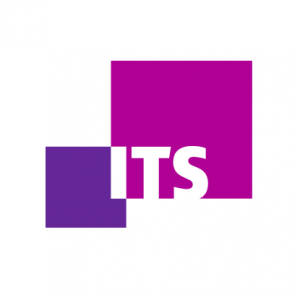Report | How Should Artificial Intelligence Be Regulated? Broadening the Scope of Analysis Beyond the European Union
categories
theme
Artificial Intelligence (AI) regulation has become a significant issue in recent years, yet there remains limited understanding of regulatory alternatives outside the European Union. In Brazil, the National Congress is focusing its efforts on Bill No. 2.338 of 2023, which aims to establish comprehensive legislation governing the use of technology in the country.
The critical question is: what type of regulation are we constructing? Brazil is drawing inspiration from the European Union’s proposed AI regulation, known as the Artificial Intelligence Act (or AI Act). This initiative aims to implement a single legislative framework with general regulatory parameters and procedures, particularly emphasizing “algorithmic impact analysis” to classify various technological applications based on their societal risk levels.
However, it is crucial to broaden our analytical perspective. This ITS report seeks to systematize the different AI regulatory models and instruments being discussed and implemented in countries such as Japan, the United States, and the United Kingdom. The EU model is just one of several possible approaches. The report concludes that it is essential to avoid prematurely considering any single model as definitive, emphasizing the importance of testing diverse solutions and alternatives in different contexts.

